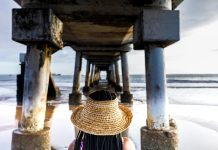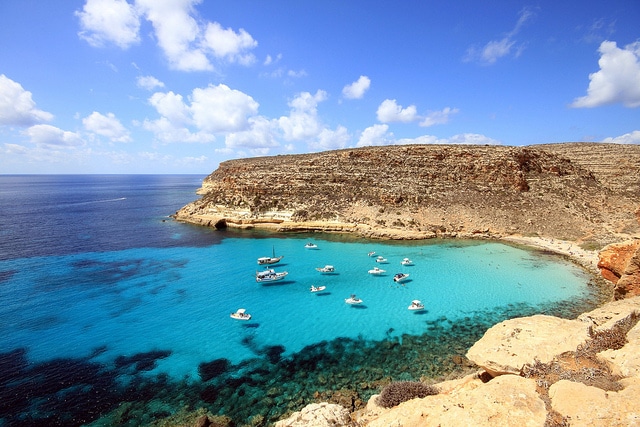Did you know that you can get sun damage on cloudy days? Or that if you have blue eyes you should take extra care when it comes to UV rays? As you enjoy time outdoors on your next holiday, it’s time to debunk these common myths about the sun protection.

Myth #1: UV damage to the eyes that happens on holiday can be reversed.
Reality: Sun damage to the eyes is cumulative, meaning the lasting damage can slowly build up. Over time, not protecting your eyes on holiday can really affect your vision and eventually lead to conditions such as cataracts.
Myth #2: People with blue eyes have the same UV risk as everyone else.
Reality: People with blue eyes have less protective melanin pigment in their iris, making them more at risk to UV exposure and more susceptible to damage.
Myth #3: UV exposure is highest in the summer.
Reality: Regardless of the season, exposure to UV rays is the same year-round. Even if you’re on a ski holiday in winter months, UV rays can reflect off white snow and be even more powerful than time spent on the beach.
Myth #4: You don’t need to worry about wearing sunglasses on a cloudy day.
Reality: UV rays can get through clouds and they only reduce the amount of UV by around 10 per cent. Overcast days can still leave you vulnerable to high levels of UV exposure so it’s important to wear sunglasses even on cloudy days.
Myth #5: Young people are just as vulnerable to UV as everyone else.
Reality: Children under the age of five years are most vulnerable to sunlight. This is because as you get older, the lens becomes more yellow and naturally absorbs more UV to protect the retina. Because the effects of UV are cumulative, exposure at a young age can result in problems later in life.
Myth #6: Darker tinted lenses will give you a higher level of UV protection.
Reality: The tint of the lens will have no effect on UV protection but will change the amount of light that goes into your eye. Check for a CE mark on your sunglasses to make sure they offer a good level of protection.
Be sun smart on holiday!
Take precaution and be aware of the impact that the sun can have on you when you’re on your next adventure. Wearing sunscreen and sunglasses will help give you the extra protection from developing skin cancer or an eye condition.
This article was contributed by Vision Direct, the UK’s leading online retailer for contact lenses.














